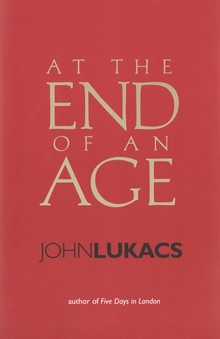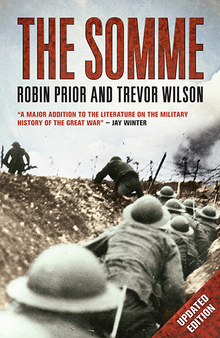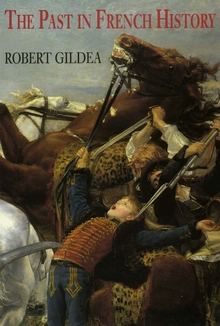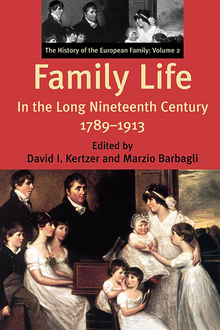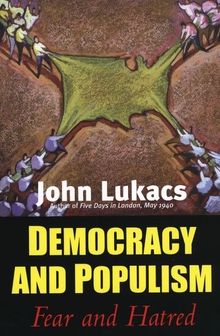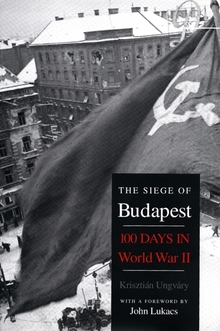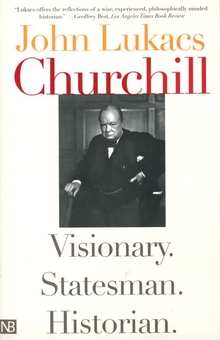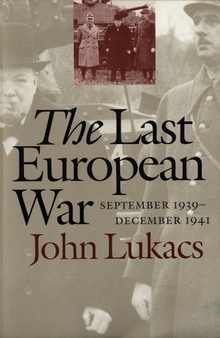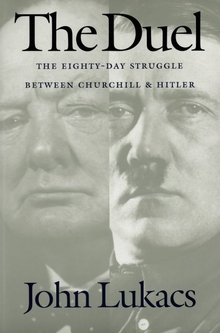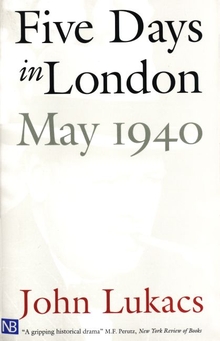At the End of an Age
WARNING
You are viewing an older version of the Yalebooks website. Please visit out new website with more updated information and a better user experience: https://www.yalebooks.com
John Lukacs
In this work, John Lukacs describes how we in the Western world have now been living through the ending of an entire historical age that began in Western Europe about five hundred years ago. Unlike people during the ending of the Middle Ages or the Roman empire, we can know where we are. But how and what is it that we know?
In John Lukacs’s view, there is no science apart from scientists, and all of “Science,” including our view of the universe, is a human creation, imagined and defined by fallible human beings in a historical continuum. This radical and reactionary assertion—in its way a summa ofthe author’s thinking, expressed here and there in many of his previous twenty-odd books—leads to his fundamental assertion that, contrary to all existing cosmological doctrines and theories, it is this earth which is the very center of the universe—the only universe we know and can know.
A selection of the Eagle Book Club
"Like all the great historians, this Hungarian-American [Lukacs], also is a great philosopher of history. He is best known for developing his idea of 'historical consciousness' and as a historian of World War II, the Cold War and democracy in America."—John Seiler, Orange County Register (CA)
"Provocative. . . . Lukacs’s work provides a valuable framework for understanding the consequences of change that reorders the world and our perceptions of it."—Jim Hoagland, Washington Post
Publication Date: September 10, 2003

